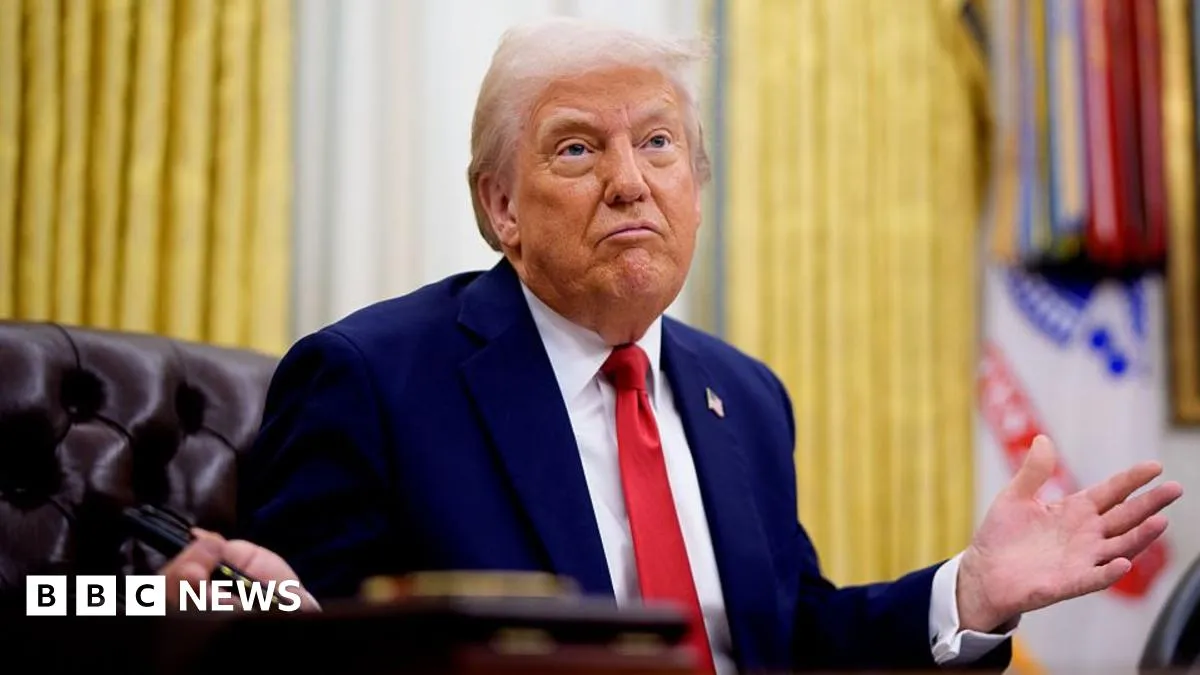
Financial markets across the Asia Pacific region are displaying a notable recovery as a hint of optimism emerges. The few markets that are currently open are trading higher, with Japan's Nikkei index leading the way, experiencing gains of approximately 5%. Meanwhile, the stock indices in South Korea and Australia are also registering smaller advances. However, these markets still have a considerable distance to cover before fully recuperating from the significant losses incurred on Monday.
According to Tim Waterer from KCM Trade brokerage, the current uptick in market performance can be characterized as a natural market bounce following Monday's turmoil. He noted that the movement in US futures markets has contributed to this feeling of optimism within Asian markets. Similarly, Vishnu Varathan from Mizuho Securities in Singapore pointed out that investors are beginning to see potential for a rebalancing after a series of challenging market sessions. "It's just a case of waiting it out to determine which way tariff threats swing," Varathan added.
The recent fluctuations in Asian markets can also be attributed to President Donald Trump's announcement regarding new tariffs on Chinese imports. Trump has threatened to impose an additional 50% tariff on goods imported from China, urging Beijing to withdraw its plan to retaliate with a 34% levy on American products. During a press conference at the White House, he stated that he was not considering pausing new tariffs to facilitate negotiations with other nations. For further details on Trump's latest tariffs, click here.
Following a tumultuous trading day, financial markets in the Asia-Pacific region are witnessing a semblance of calm. The Nikkei in Japan, the Kospi in South Korea, and Australia's ASX 200 all opened higher, albeit only partially recovering from the significant losses suffered on Monday. As the Asian trading morning progresses, broader insights will emerge regarding investor reactions to Trump's new tariff threats, especially as stock exchanges in Shanghai, Hong Kong, and Taiwan open their doors.
On Monday, President Trump reiterated his position against pausing new tariffs, despite earlier reports suggesting a potential 90-day hiatus. These claims were dismissed by the White House as "fake news." When directly questioned about a possible pause, Trump asserted, "We're not looking at that. We have many, many countries that are coming to negotiate deals with us, and there are going to be fair deals." He emphasized the urgency of his threat regarding additional 50% tariffs on Chinese goods if Beijing does not retract its retaliatory plans by the deadline.
The implications of Trump's tariff announcements have already begun to ripple through global markets. On April 2, he unveiled a series of aggressive tariffs affecting imports from nearly every country, sending shockwaves through international financial systems. While a standard 10% tariff was imposed on many nations, some of America's primary trading partners faced much steeper levies, with China facing a staggering 54% tariff (which included prior tariffs). This led to one of the worst weeks for global stock markets since the onset of the COVID-19 pandemic, with major US indexes experiencing declines exceeding 5%. Asian stocks have also seen some of their most significant drops in decades.
In response to the escalating situation, world leaders are actively negotiating with Trump to lower their tariff rates, while countries like China are implementing their own retaliatory measures against the US. Trump has consistently defended his tariff strategy, asserting that "sometimes you have to take medicine to fix something."